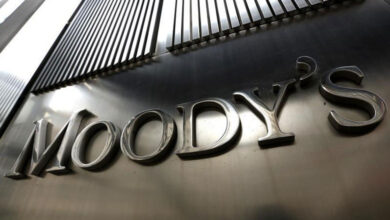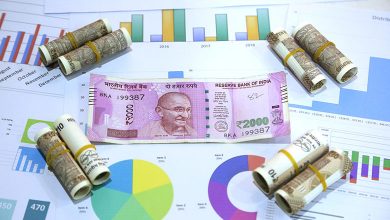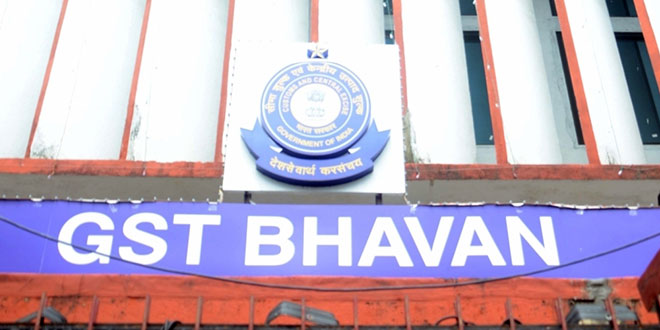
Hit hard by a slowing economy and a brewing global oil crisis, the government on Friday announced a series of tax incentives to boost the industry and restart investment.
Finance Minister Nirmala Sitharaman announced a lowering of corporate tax rate on domestic companies to 22 per cent subject to such entity not availing any exemptions and incentives. Also these companies will also not be required to pay any Minimum Alternate Tax (MAT). Effective tax rate in this case would be 25.17 per cent, including cess and surcharge.
The Minister announced an even lower 15 per cent corporate tax rate for new domestic companies making fresh investment in manufacturing. These companies should have commenced production on or before March 31, 2023 and would also get exemption from MAT.
Sitharaman said that the Taxation Laws (Amendment) Ordinance 2019 has already been prised to effect changes in the Income Tax Act and Finance Act 2019.
A company that does not opt for concessional rate can continue to be charged at existing rate of corporate tax. Such companies can opt for concessional tax regime after expiry of tax holiday period or exemptions. But option once exercised cannot be withdrawn.
In order to provide relief to companies enjoying concessions and tax incentives, MAT has been brought down from 18.5 per cent to 15 per cent.
In another decision aimed at ensuring flow of funds in the capital market, the enhanced surcharge provided in Finance Act 2019 shall not apply to capital gains arising on sale of equity shares in a company or a unit of equity oriented business trust.
The enhanced surcharge shall also not apply on capital gains arising on sale of any securities, including derivatives in the hands of Foreign Portfolio Investors (FPIs).
The government has also provided relief to companies such as Infosys that announced a share buy back plan, before the new buy back tax was introduced in the Budget. Sitharaman said that any listed entity that has already made a public announcement of a buy back before July 5, 2019 will not have to pay tax.
The government has also decided to expand the scope of the 2 per cent corporate social responsibility (CSR) fund that companies have to provide for identified activities. This amount can now also be spent on the incubator funded by the Central or state government agency, or PSUs of central and state governments. The CSR funds can also be used for R&D activities of IITs and other autonomous bodies.
Sitharaman said that the announcements on corporate tax would result in total duty forgone to the tune of Rs 1, 45,000 crore in a year. As the changes would be effective from this fiscal itself, it would have bearing in balance for a six month period.
She said the revenue forgone would not add up to the pressure on revenue or adversely impact the deficit as these would help spur investment and ‘Make in India’ initiatives and in turn increase economic activity and revenues. “Economic buoyancy itself generates tax,” she said.
Earlier in a series of announcements made on Thursday, the Finance Minister said that state-run banks had been asked not to declare any stressed MSME loans as non-performing assets (NPA) until March 2020 and that public sector banks as well as NBFCs (non-banking finance companies) would provide loans to farmers, retail borrowers and micro, small and medium enterprise (MSMEs) across 400 districts. Sitharaman said the idea was to ensure maximum credit disbursal during the festival season.
To counter the impact of demand slowdown that pulled down the GDP to an over 6-year low of 5 per cent in the April-June quarter, the Centre has unveiled a slew of measures. It is trying to ensure that the credit off-take gathers pace in the festival season thus boosting demand for products ranging from consumer goods to housing and retail loans.















